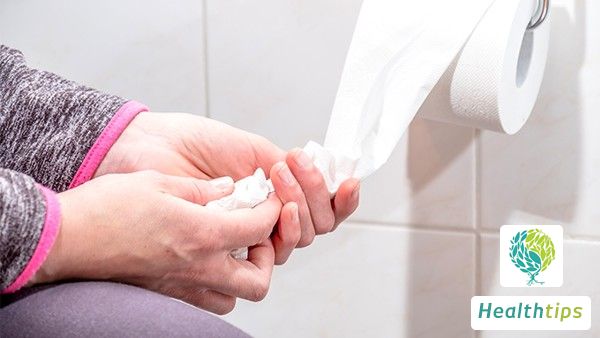Junior high school students can avoid the recurrence of hemorrhoids by adjusting their diet, avoiding prolonged sitting, preventing constipation, and maintaining good bowel habits. If hemorrhoids occur, it is recommended to promptly visit the hospital for treatment under the guidance of a doctor.

1. Adjusting diet: Junior high school students should pay attention to their diet, avoiding spicy and irritating foods such as chili, garlic, and mustard. These foods often stimulate intestinal movement, which may lead to overly dry stool, causing difficulty in defecation and subsequent recurrence of hemorrhoids.
2. Avoiding prolonged sitting: Junior high school students must avoid prolonged sitting, as it can increase the pressure in the rectal veins of the anus, causing venous reflux obstacles, leading to venous dilation and the recurrence of hemorrhoids.
3. Preventing constipation: Daily life also requires the cultivation of good bowel habits, such as regular bowel movements every day. Avoid using phones or newspapers while defecating and try to develop a regular bowel habit. If there is a feeling of needing to defecate, it is essential to expel the stool promptly instead of staying in the bathroom for a long time, which can slow intestinal movement, leading to constipation and hemorrhoid recurrence.
4. Maintaining good bowel habits: Junior high school students should also develop good bowel habits, such as regular bowel movements every day. This can keep the stool lubricated in the intestine, preventing dry stool or defecation difficulties, and reducing the risk of hemorrhoid occurrence.
5. Other measures: Junior high school students should also engage in more physical exercise, such as running and skipping, which can promote intestinal movement, gradually reducing intestinal pressure, and helping to avoid hemorrhoid recurrence. Since junior high school students are relatively young and not yet adults, they should pay attention to good care practices. Parents should promptly take them to the pediatric department of the hospital for blood tests and other examinations to determine their condition.

